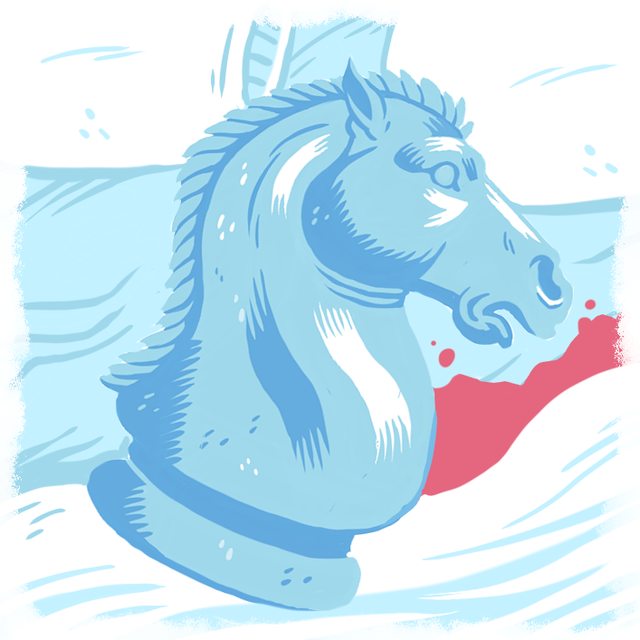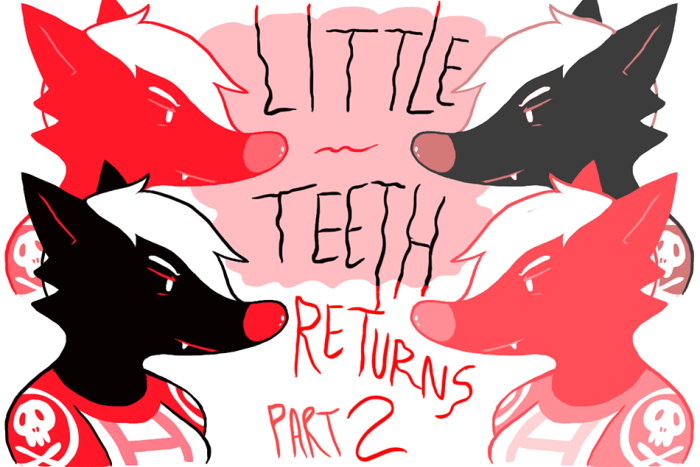Last month, I realized I needed to give up on being a writer so I could become a full-time chess player.
That will sound ridiculous if you aren't a serious chess enthusiast yourself. The writing life is often (falsely) regarded as glamorous, whereas chess is bewildering to outsiders. But chess holds intellectual riches that I believe—truly—are more captivating than life in any other form.
For me, the power of chess is two-fold.
First, like any sport, high-level chess play possesses its own particular elegance. Much as I wish I could explain this, I don't think it's possible to do so in anything but the sketchiest of terms. It would be like explaining cigarettes to a robot. Unlike the beauty of other sports, the elegance of chess completely evades the perception of the uninitiated. Basketball, I'm sure, has beautiful moments I wouldn't appreciate, but watching a game, I can still sense that LeBron is doing some really cool shit. Not so with chess. So you'll just have to believe me when I say that beautifully played chess feels received—plucked from the fabric of the universe, rather than created by human hands.
Second—and this is, for me, the true seduction—chess is what they call a perfect information game. At every moment, you are informed of everything taking place. There's no bluffing. No guessing. No suspicion.
If that notion doesn't immediately excite you, take a second to consider all the imperfect information games you play all the time. I don't mean games like poker. I mean dating, for example. Have you ever, a month into a relationship, unearthed some hidden facet of your new partner that makes you think, Holy shit, get away from me? Slowly discovering things about people is wonderful, in theory, but we often find that the mysterious reaches of the human soul contain bear traps and poison darts. Imagine if you could instantly behold the entirety of a person before you, and say, "Hi, let's go to the beer location," with perfect confidence? And they, looking back at your own infinitude, comprehending you instantly and entirely, would say, "Sure, why not?"

I was slipping into the kind of full panic in which my physical co-ordinates were somewhat mysterious to my conscious mind, and time became unaccountable. Somehow, as if placed there by a fastidious tornado, I was sitting at one table among many, alongside a placard bearing my name, with a slot accommodating a small tabletop Canadian flag, upon which I wiped my forehead.
My opponent was a friendly Scot named Surinder. We chatted amiably before the game began. He told me of his life. I barely listened—the noise inside my head threatened to drown him out completely. The air was hard, slippery candy in my lungs. I wore a charcoal suit in which I was cooking, lobster-like.
As the games began, the room was abruptly drowned by total silence, broken only by the quiet clacks of the clocks that delimit professional play. Before me, on the board, a position was taking shape.
I started to feel true dread. I felt like I was gazing into The Void.
My own personal conception of existential dread is, like my inability to visualize, idiosyncratic. Many people, I think, are troubled by their own insignificance, preferring not to think about being a tiny part of a vanishing species in what couldn’t even be called a corner of the universe. Not me—I’m fine with that. Moreover, I’m not perturbed by the fact that I’ll be remembered by very few of the 108 billion people who have ever lived. Yes: I’m a standard-model dude in an endless something or other. It's mostly fine. Endlessness is easily understood, easily labeled with a three-syllable word, placed in the dictionary beside equally simple concepts like "enchilada." Infinity itself escapes experience, but the notion is a short phrase—it just doesn't stop. That's all infinity does, or rather doesn't do. It doesn't scare me.
What does scare me—what provokes real horror in me—is excess reality. I see mental horror—The Void—in the tumbling numbers of securities trading, or the heaps of barely decipherable ancient papyrus dug up in the near Middle East, or the global weather patterns which have evaded, to this date, capture by any mathematical model. I am troubled by the world's great throngs of data—by thickets of facts I might comprehend individually, but that together make a chaos capable of receding before me as long as I live—the miles of definition leading nowhere.
That's what I felt, staring at the board in front of me. I felt like I couldn't put my pieces anywhere, because I felt like I could put them everywhere, for all eternity. I basically blacked out.
I lost the game in fifteen moves, in fifteen minutes—an astonishingly brief amount of time, considering that tournament games usually last around four hours. My incompetence surprised even myself. I played worse than I ever had. I gave Surinder two of my pieces then gave up. He seemed apologetic. I couldn't stop laughing a crazy, red-faced laugh. A tournament official threatened to eject me if I didn't quiet down. I had the adrenaline of someone flayed. I left the hotel quickly.
I was scheduled to play six more games that week. I e-mailed the tournament directors, announcing my resignation.
My firm belief is that it's important to discover your own tremendous lack of potential. You should know whether one of your dreams, if you reach for it, will burn your stupid hand. Given the choice of any profession whatsoever, I would choose chess genius. I have not been given that choice.






